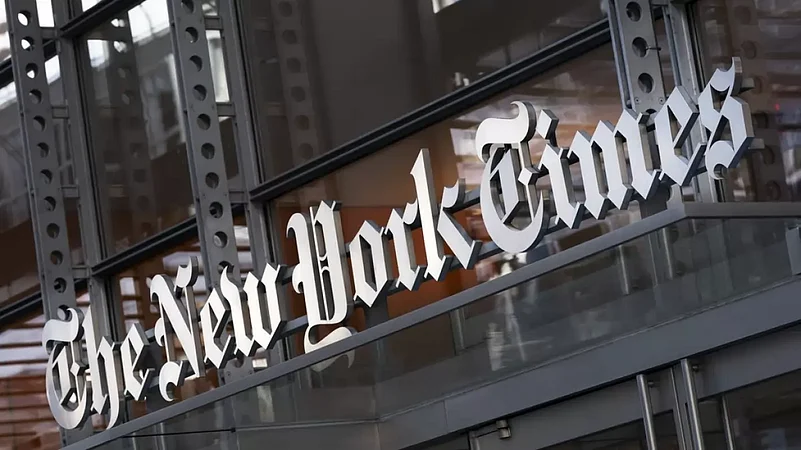In the lawsuit submitted on Wednesday in the Southern District of New York, The New York Times alleged that OpenAI and Microsoft are unlawfully utilizing The Times' content to develop artificial intelligence products that directly compete with the newspaper. This situation poses a threat to The Times' capacity to deliver its services.
OpenAI and Microsoft did not immediately respond to requests for comment.
Why Is The New York Times Suing Microsoft?
Media companies have faced challenges due to readers shifting to online platforms, and although many publications have established a presence online, artificial intelligence technology has posed a significant disruption to various industries, including the media sector.
Artificial intelligence firms extract data from publicly available sources on the internet, including articles produced by media entities, for the purpose of training generative AI chatbots. These companies have garnered substantial investments at an astonishing pace, totaling billions of dollars.
While The Times did not specify the exact damages it is pursuing, it stated that the lawsuit “seeks to hold them responsible for the billions of dollars in statutory and actual damages that they owe for the unlawful copying and use of The Times’s uniquely valuable works.”
In the complaint, The Times asserted that Microsoft and OpenAI “seek to free-ride on The Times’s massive investments in its journalism” by using it to create products without obtaining proper payment or authorization.
Back in July, OpenAI and The Associated Press revealed an agreement in which the artificial intelligence company obtained a license to access and use the AP's extensive archive of news articles.
Nonetheless, The New York Times clarified that it has never granted permission to any entity for the use of its content for generative AI purpose.
The legal action also comes in the wake of apparent failures in negotiations between the newspaper and the two companies.
The Times contacted Microsoft and OpenAI in April to express its concerns regarding the utilization of its intellectual property and to explore potential solutions. During the talks, the newspaper said it sought to “ensure it received fair value” for the use of its content, “facilitate the continuation of a healthy news ecosystem, and help develop GenAI technology in a responsible way that benefits society and supports a well-informed public.”
The lawsuit stated that “these negotiations have not led to a resolution."



























